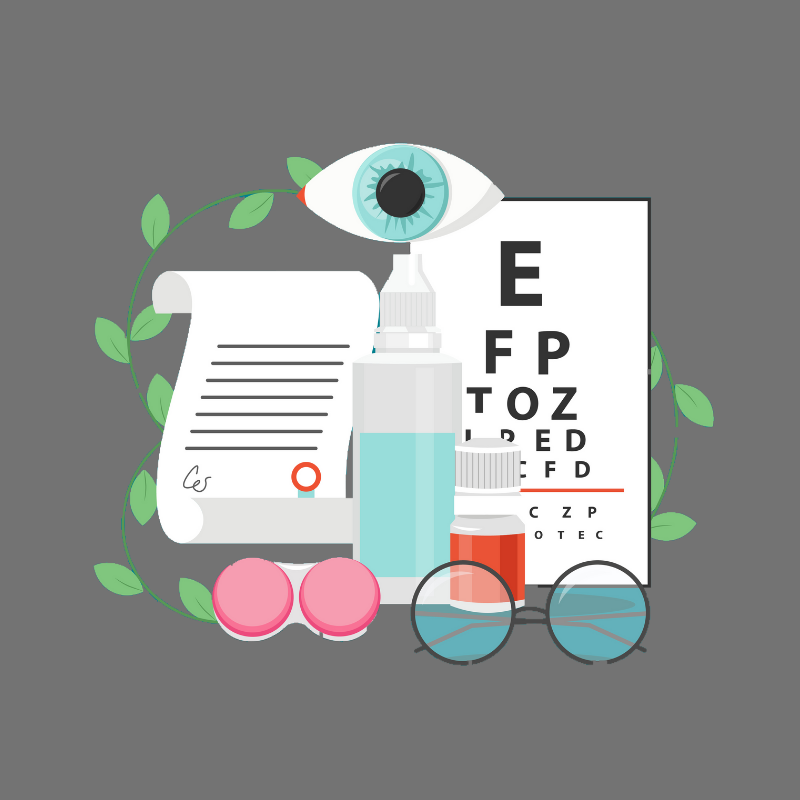Dry eye and COVID-19 – A changing focus on dry eye – Flame Health blog
A changing focus on dry eye
The impact of the COVID-19 pandemic on many patients’ lifestyles has shone new light on dry eye symptoms. With opportunities available for practices to meet this need. Setting up a dry eye clinic has been a long-term goal for many practices. Suppliers suggest that there is still a need for more investment in this area.
Describing dry eye as an “exciting” area of optometry, Nick Atkins, director of marketing and professional services for Positive Impact. He told OT: “With lots of research and development into new diagnostic and treatment options, as well as supporting research to help practitioners better manage their patients, this is definitively still a growing sector.”
While traditionally seen as an issue affecting older patients and with a female bias, Mr. Atkins suggested: “It is fast becoming a problem for an ever-younger population and with more male sufferers.”
Contact lens manufacturer, Alcon, has identified two groups of patients emerging around discussions of dry eye.
In a consumer study commissioned by Alcon in December 2020, the company identified a group of patients who were not sure what to do and did very little about dry eye, nicknamed ‘considerers.’ The company suggested these patients were less anxious about their eye health and were typically relaxed shoppers.
Alcon also identified a group of patients they named ‘buyers,’ who are more anxious about their eye health and comfortable to carry on using a product.
“Both sets of patient groups blame the increase in screen time as a cause of their dry eye symptoms,” Jonathon Bench, director of professional affairs international – dry eye and ocular health at Alcon, said.
Patients were also found to be blaming themselves for aggravating the issue. Mr. Bench noted this, believing it is something they are doing and not recognising that they have a condition.
In conclusion, you can read the full article on the Optometry Today website, by clicking here
After that, you can connect with us on social media channels for constant updates on any new roles as well as any new news articles and blogs published. You can click here to like our Facebook page and click here to follow us on Twitter.

A changing focus on dry eye